Keywords: A Man On The Inside
There are more than 200 results, only the first 200 are displayed here.
-
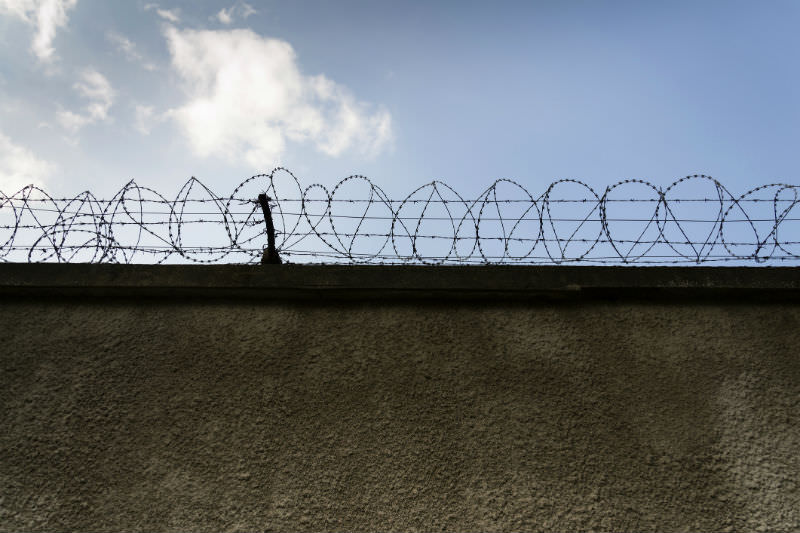
AUSTRALIA
- Julie Edwards
- 09 April 2020
6 Comments
We know that prisons are pressure cooker environments at the best of times. We can’t let them also become sites of mass infection, with potentially grave consequences, during the current COVID-19 health crisis.
READ MORE 
-

AUSTRALIA
- Marnie Vinall
- 19 March 2020
4 Comments
Although this is a necessary step to stop the spread of COVID-19 — and especially in order to protect those most vulnerable in our communities such as the elderly and immunocompromised — being confined at home is going to take its toll on the mental wellbeing of many of us.
READ MORE 
-

AUSTRALIA
- Binoy Kampmark
- 20 February 2020
3 Comments
The Australian Federal Police raid on the 5th of June last year shook the Fourth Estate and, according to managing director David Anderson, ‘was seen for exactly what it was: an attempt to intimidate journalists for doing their jobs.’ It saw an unprecedented closing of ranks between journalists across the political spectrum, pursuing a campaign that came to be known as The Right to Know. Convincing the courts about this principle would prove to be something else.
READ MORE 
-
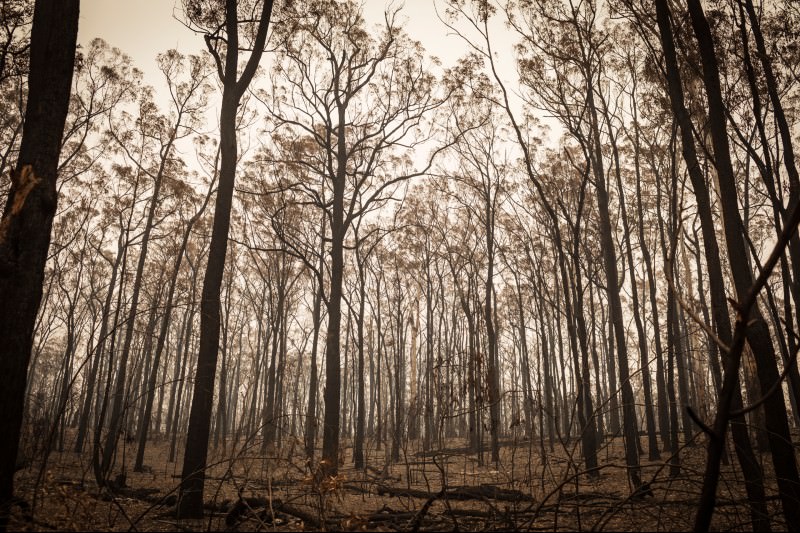
AUSTRALIA
- Neve Mahoney
- 22 January 2020
11 Comments
My dog I've had for 14 years dies, and I decide to spend two days in bed. I look online and see that more than a billion Australian animals have died in the fires. Guilt spirals on top of guilt. How gauche, to feel this private grief, when there is such public grief already.
READ MORE 
-
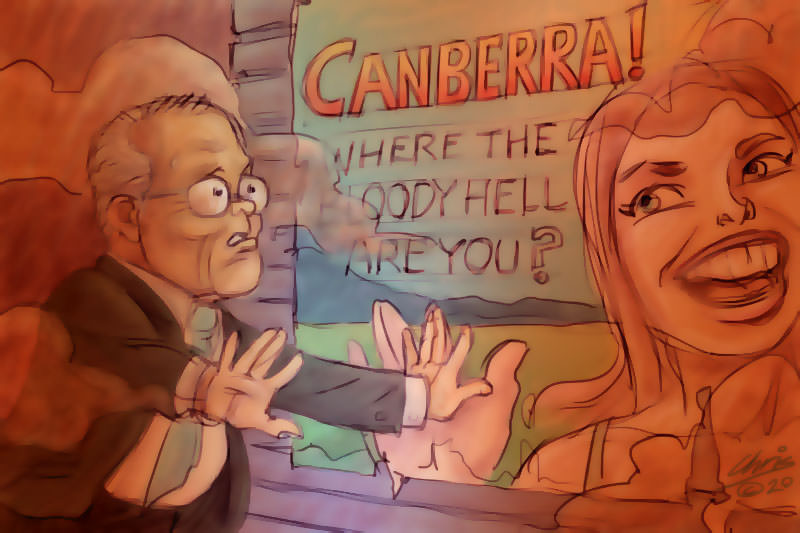
ENVIRONMENT
- Daniel Sleiman
- 13 January 2020
4 Comments
Canberra has a reputation for being banal, bureaucratic and the 'bush capital'. But come 2020 it was in the news for being the city with the worst air quality in the world. What followed were four days of intense heat, sunless mornings, Blade Runner sky hues and warnings to stay indoors as much as possible. But movement is life.
READ MORE 
-
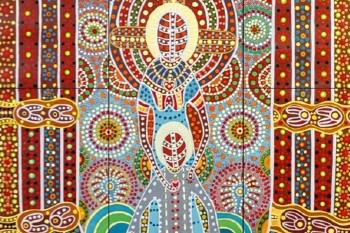
RELIGION
- Mike Bowden
- 03 December 2019
11 Comments
This would not be accepted by the extremist Catholics who threw an Amazonian indigenous icon of a pregnant indigenous woman into the Tiber River. But the Pope is right to honour the prior religious practises of the Amazonians, just as the Bishop of Darwin supports a process that has seen the development of Altyerre-Catholicism.
READ MORE 
-
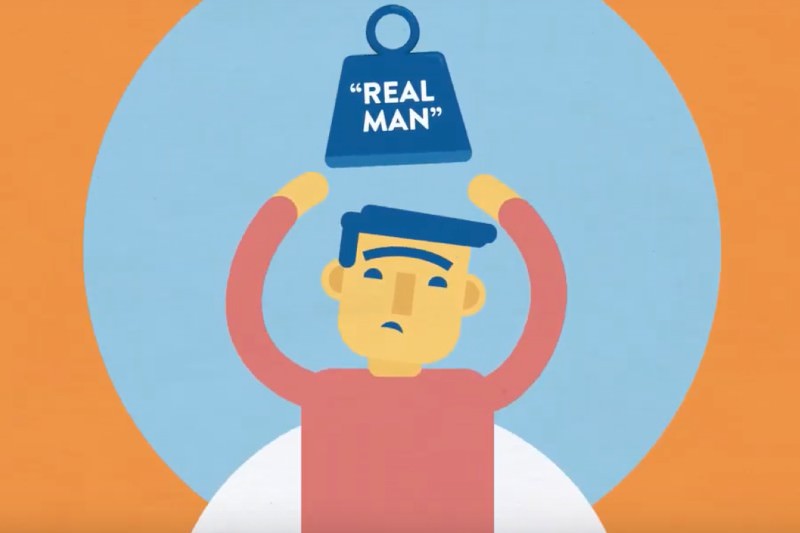
AUSTRALIA
- Matt Tyler
- 02 December 2019
9 Comments
Dominant ideals of masculinity do not materialise out of thin air. They are produced and reproduced by people, institutions, policies and other social forces, and there are places in Australia where efforts to promote or defend traditional ideals of masculinity seem particularly energetic.
READ MORE 
-
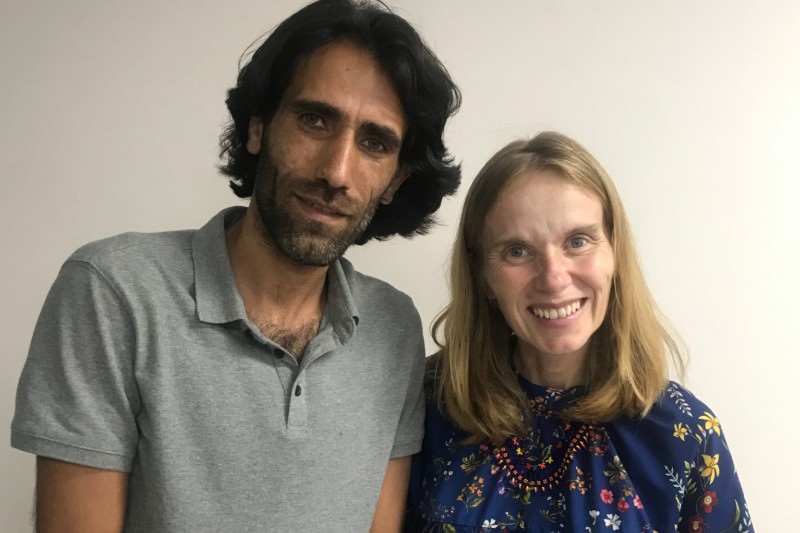
INTERNATIONAL
- Carolina Gottardo
- 18 November 2019
7 Comments
I recently visited Port Moresby as part of a delegation of Catholic leaders. I have worked with refugees and migrants for more than 20 years in different countries. I have been part of many serious and confronting human rights struggles. Nonetheless, I was not expecting what I saw and heard in PNG, and it deeply touched me.
READ MORE 
-

AUSTRALIA
- Alana Schetzer
- 01 November 2019
4 Comments
The message from these cases is clear: if you report sexual harassment, you will be punished for it. It's not enough that #MeToo has created a space for women to openly discuss the systematic harassment and discrimination they have experienced. We also need to create a safe environment for them to report these behaviours.
READ MORE 
-
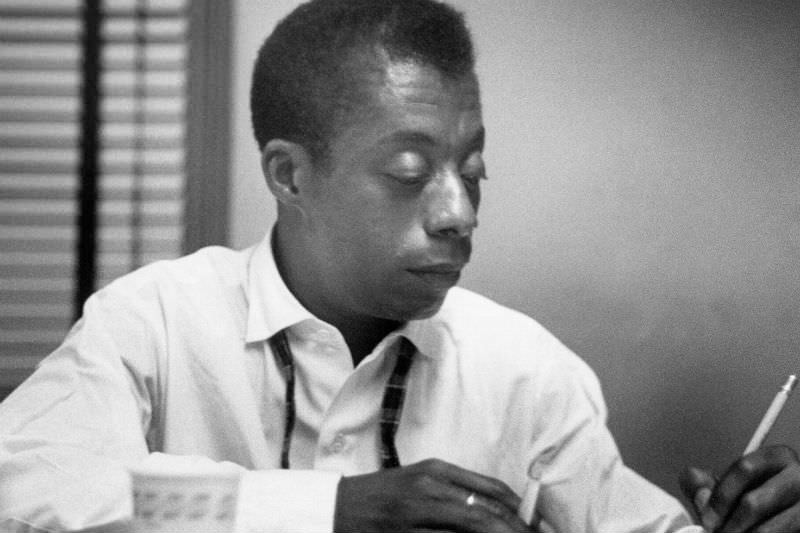
ARTS AND CULTURE
- Mark Tredinnick
- 30 September 2019
11 Comments
I'm a white man in a white man's world, his mother tongue the lingua franca everywhere. I may not be rich, but I am more or less free, and my calling has let me travel the world. It's easy for me, not having had to fight for mine, to ask us to go deeper than identity when we write. But when James Baldwin says the same thing, it compels.
READ MORE 
-
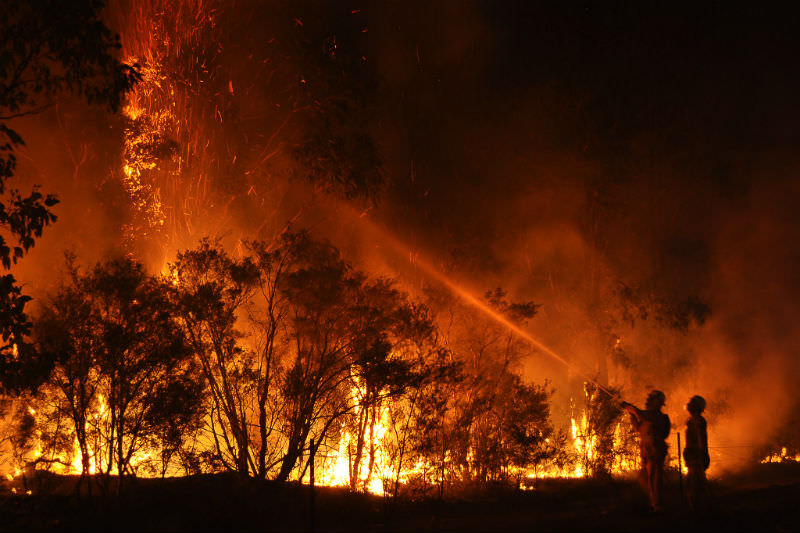
MEDIA
- Greg Foyster
- 18 September 2019
3 Comments
The visual language of climate change has become predictable and stunted. In the 1980s activists used an image of a polar bear adrift on a floe of ice to tell the story of global warming and rising sea levels. It's become visual shorthand for the topic — useful for quick categorisation, but stale and easily dismissed.
READ MORE 
-
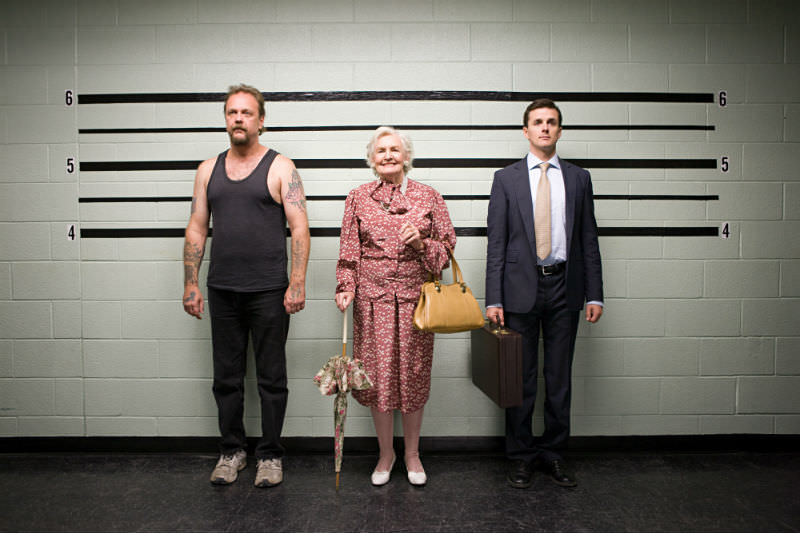
ENVIRONMENT
- Vivienne Cowburn
- 16 September 2019
7 Comments
From overly sheltered baby boomers to millennials too fatigued with the state of the world to care, the reality of climate change can be a lot to handle. Here's a snapshot of the people living with their heads in the sand, employing tactics including pessimism, cognitive dissonance and deflections to stay where they are.
READ MORE 